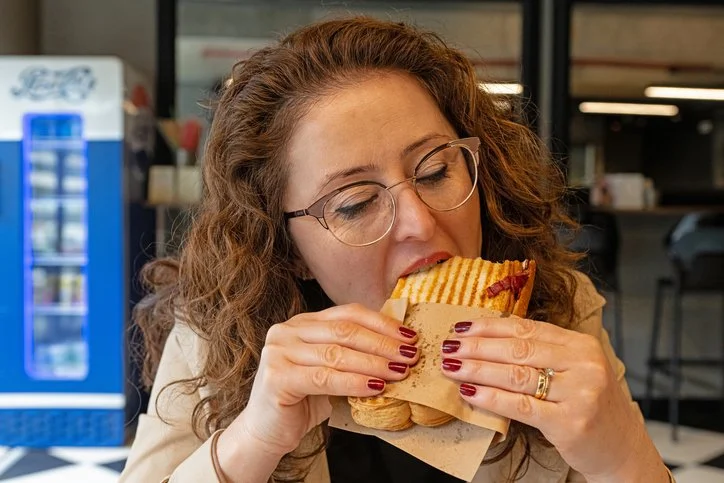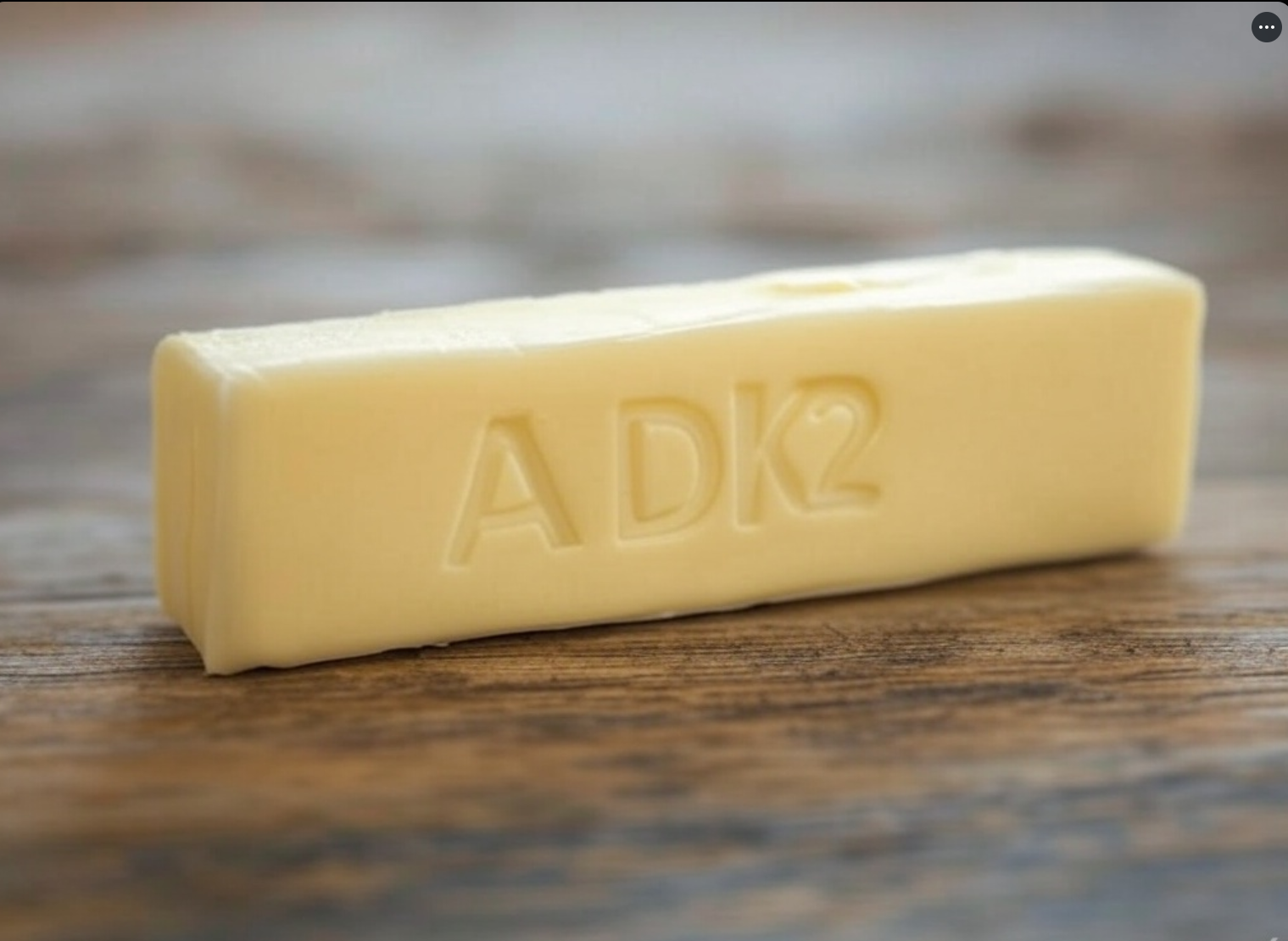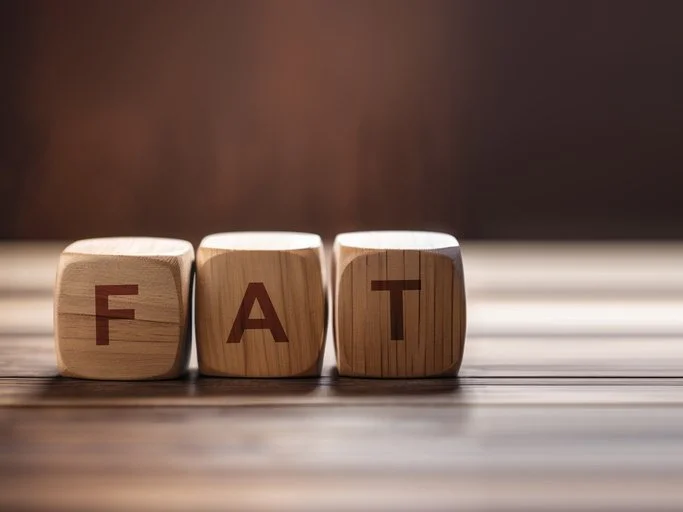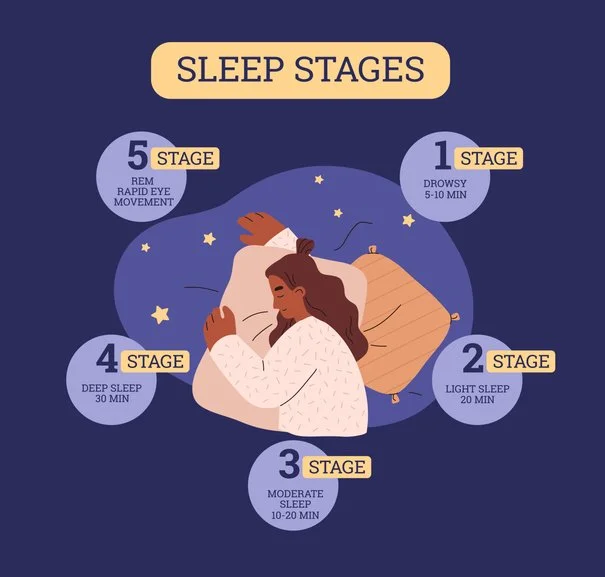Rest Easy with Real Food: The Fat-Sleep Connection
Sleep is the cornerstone of health, a nightly reset that mends the body sharpens the mind and balances emotions. Yet, in our fast-paced, sugar-soaked world, restful nights feel elusive. The simple truth is that what you eat shapes how you sleep. Ditch the processed carbs and embrace nutrient-dense animal fats, and you might unlock the deep, restorative slumber your body craves. Let’s explore why sleep is medicine—and how a diet rooted in whole foods, not pharmaceuticals, holds the key.
Modern Diets
The modern diet is a sleep saboteur. Processed carbohydrates—think bread, pasta, and sugary snacks—spike blood sugar, sending your body on a rollercoaster of insulin surges and crashes. These fluctuations disrupt melatonin, the hormone that signals it’s time to rest. Ever notice how a late-night cookie leaves you wired instead of winding down? That’s your blood sugar talking. Contrast this with animal fats—think butter, tallow, or the marbled richness of a grass-fed steak. These stable energy sources don’t jolt your system. Instead, they nourish it, supporting hormonal balance and paving the way for circadian rhythm harmony.
Animal Versus Vegetable Fat
Why do animal fats work so well? It’s about nutrient density. Fats from whole foods like eggs, liver, or fatty fish are packed with fat-soluble vitamins—A, D, E, and K2. Vitamin D, for instance, isn’t just for bones; it regulates sleep patterns by influencing melatonin production—meanwhile, omega-3 fatty acids, abundant in wild-caught salmon, calm inflammation—a silent sleep thief. Chronic inflammation, often stoked by vegetable oils and processed carbs, keeps your nervous system on edge, making relaxation elusive. Animal fats, by contrast, soothe the body, setting the stage for restorative sleep.
Metabolic Consistency
Let’s talk about energy metabolism. Your brain runs on glucose, sure, but it thrives on ketones, too—those glorious byproducts of fat breakdown. A diet rich in natural fats nudges your body toward metabolic flexibility, where it can switch between fuel sources without drama. This stability matters at night. Processed carbs burn fast and leave you hungry or restless by 2 a.m. Animal fats? They’re slow and steady, keeping blood sugar even keel so you’re not jolted awake by a cortisol spike. Picture a dinner of roasted pork belly with crispy skin—satisfying, sustaining, and sleep-friendly.
Deep Sleep
Sleep isn’t just about quantity; it’s about quality. Deep sleep, the phase where your body repairs tissues and clears brain waste, hinges on hormonal cues. Cortisol, the stress hormone, should dip at night while melatonin rises. Sugar throws this off, triggering stress responses that keep cortisol humming. Animal fats, paired with a low-carb approach, help reset this balance. Studies show ketogenic diets—built on fats like ghee or lard—improve sleep efficiency, cutting those bleary-eyed mornings. No pills are needed; just real food is doing its job.
Oral-Systemic Link
Dentistry offers a surprising angle here. Poor sleep is often tied to mouth breathing or sleep apnea, both linked to inflammation and poor metabolic health. Vegetable oils and processed carbs fuel this fire, weakening tissues and gunking up airways. A diet of whole, animal-based foods strengthens oral and systemic health—think K2 from butter supporting jaw structure. Better sleep posture and breathing follow, amplifying rest. It’s a feedback loop: good food, good sleep, good health.
Farm Vs Pharm
Over-reliance on pharmaceuticals is the elephant in the room. Sleeping pills might knock you out, but they don’t heal. They mask symptoms, leaving root causes—like diet—untouched. Functional medicine flips this script, treating sleep as a barometer of wellness. If you’re tossing and turning, don’t reach for a prescription; rethink your plate. A ribeye with a pat of butter isn’t just dinner—it’s a sleep tonic, delivering tryptophan (a melatonin precursor) alongside fats that keep energy steady.
Timing Matters
Timing matters, too. Eating late can derail circadian rhythms, especially if it’s a carb-heavy snack. Animal fats digest slower, giving your gut a break as you drift off. Try a small, fatty snack an hour before bed—think of a spoonful of ghee or a slice of hard cheese. It’s not about stuffing yourself; it’s about signaling safety to your body. Historically, our ancestors thrived on meat and fat, sleeping under the stars without insomnia epidemics. Their diet was synced with nature, and ours can be too.
Don’t Fear the Fat
Skeptics might ask: what about cholesterol? Doesn’t fat clog arteries and ruin sleep? The data says no. Natural fats from whole foods don’t drive heart disease—they fuel health. Processed carbs and seed oils, though? They’re the real culprits, linked to inflammation and metabolic chaos that disrupt rest. A grass-fed lamb chop won’t keep you up; a bagel might, which isn’t dogma—it’s biology, rooted in how our bodies evolved.
So, how do you start? Ease into it. Swap the cereal for eggs cooked in tallow. Trade the soda for bone broth. Prioritize fatty cuts—brisket, salmon, duck—and skip the bread basket. Pair this with sunlight exposure (another circadian booster) and gentle movement, and you’ve got a recipe for sleep as medicine. You should not eat processed junk or vegetable oils—just real, ancestral foods that whisper “rest” to your system.
Sleep isn’t a luxury; it’s a necessity. In a world pushing quick fixes, the answer lies in simplicity: eat whole, animal-based foods, embrace their fats, and let nature heal you. Tonight, skip the sugar. Reach for the butter dish instead. Your body—and your dreams—will thank you.








